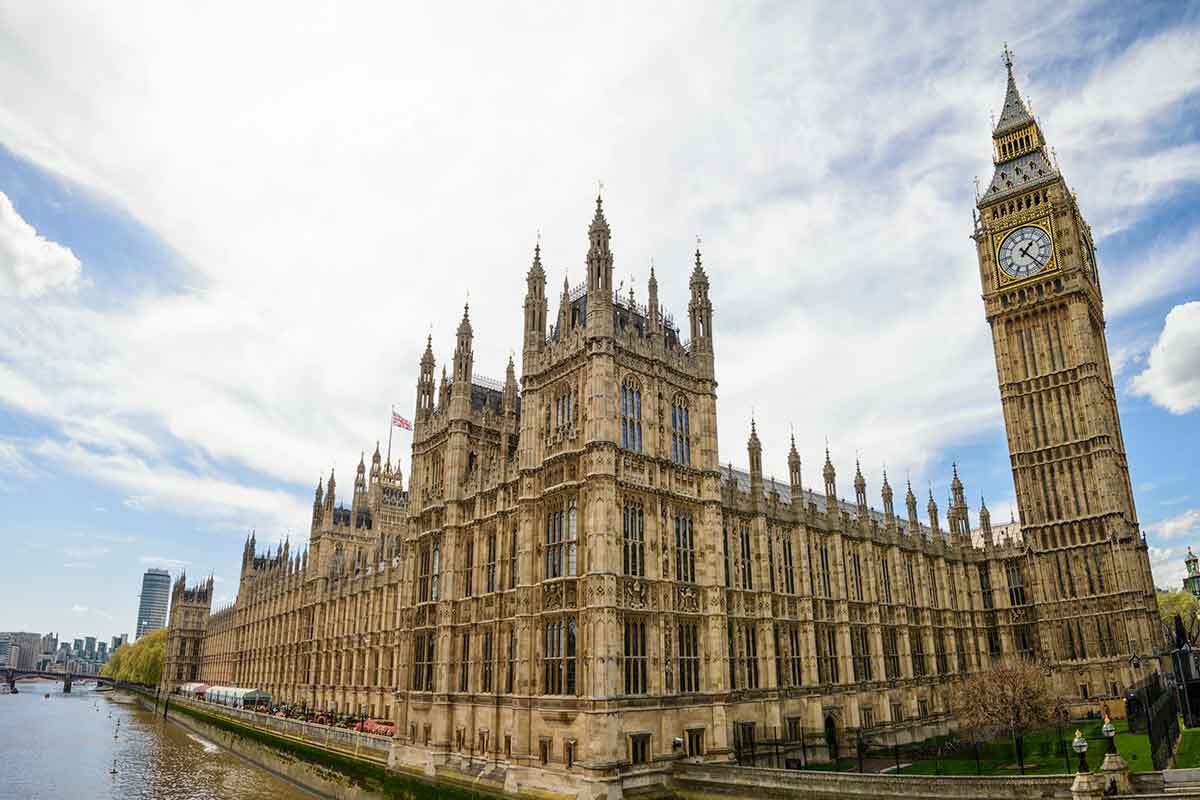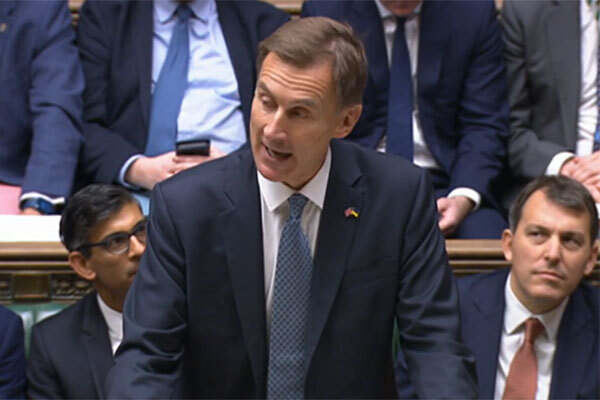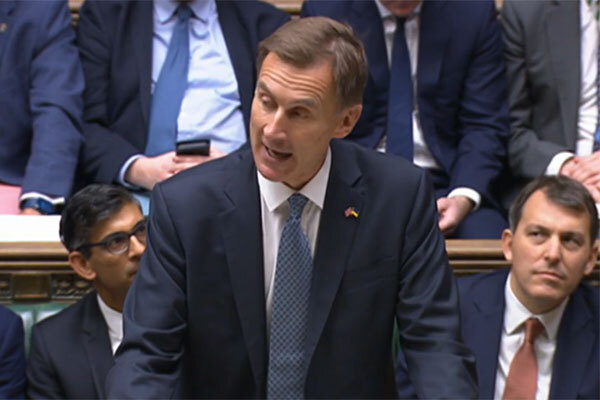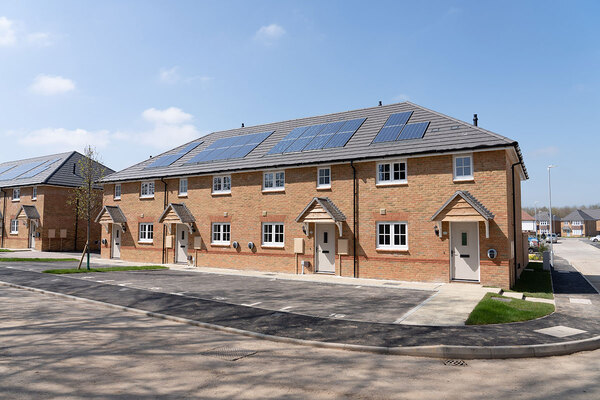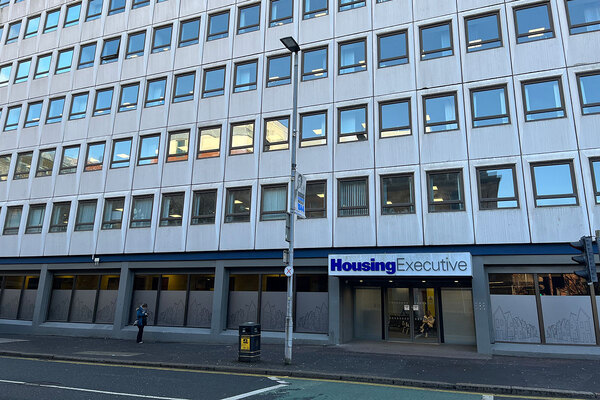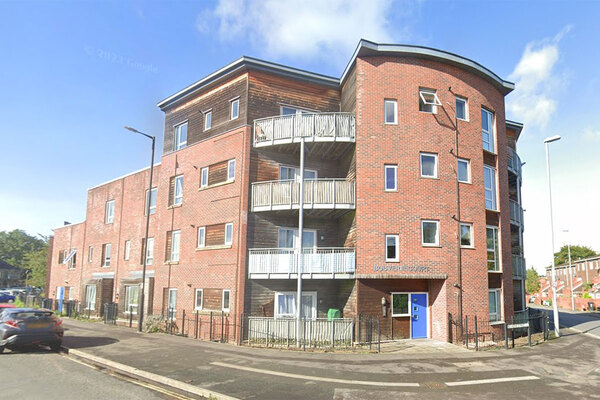You are viewing 1 of your 1 free articles
Housing associations commit to 7% cap for shared owners
The leading trade body for housing associations in England has revealed a commitment by its members to implement a 7% rent cap for shared owners following the government’s Autumn Statement today.
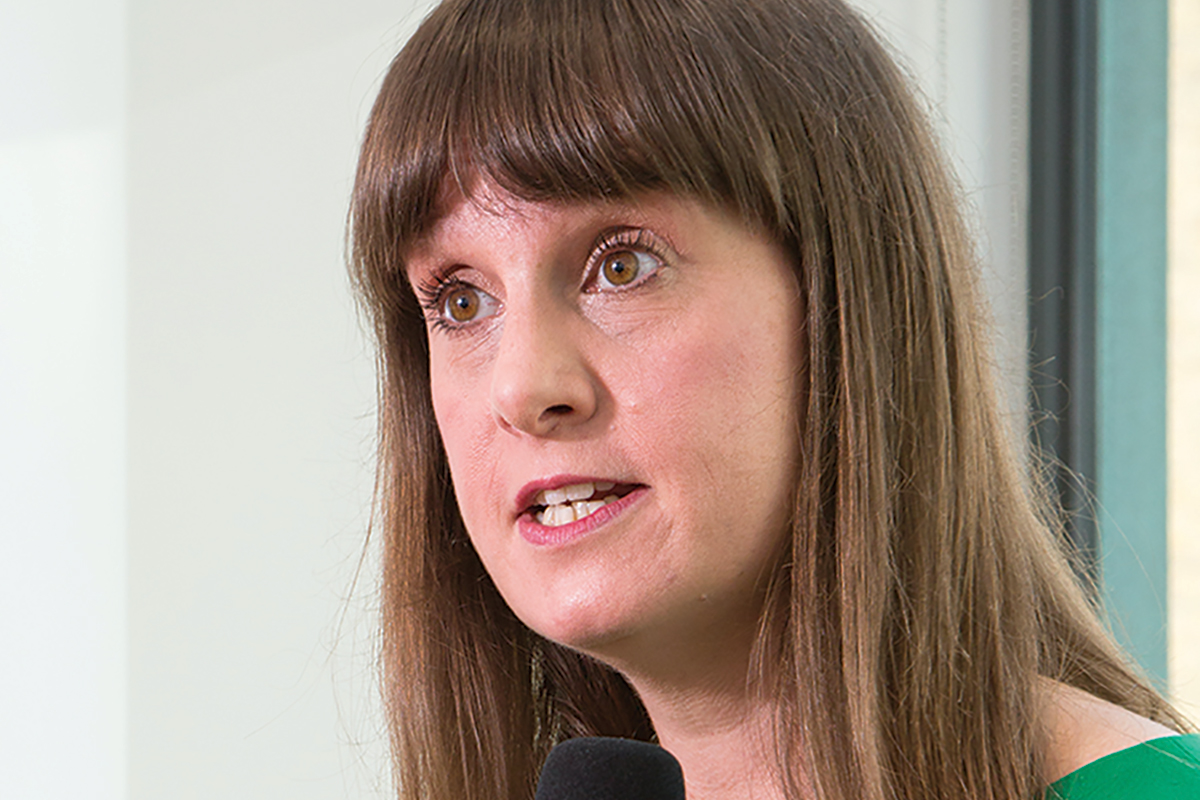
The decision was revealed by the National Housing Federation (NHF), which has 800 members, following the proposal outlined by chancellor Jeremy Hunt in parliament for a 7% cap on social rents from next April.
Kate Henderson, chief executive of the NHF, said: “With the certainty these decisions provide, housing associations, representing 80% of shared ownership homes, are also committing to cap rent increases for shared owners at 7% in 2023-24 – matching the social rent cap.”
There were concerns around shared owners facing potentially financially crippling housing costs, with the rental element of their homes not being covered by the government rent cap. Instead, most shared ownership deals see their rents increase by Retail Price Index (RPI) plus 0.5% every year.
RPI is currently tracking at 14.2%, meaning shared owners were expecting huge hikes.
However, NHF members will now block any increases above that level.
Ms Henderson added: “We know any additional costs will be difficult for residents. We will continue to push the government for support for people on low incomes. We also urge tenants and shared owners who are struggling with bills to contact their housing associations to find out what support is available.”
The chancellor confirmed during his Autumn Statement this morning that he has decided on a 7% rise following a consultation in the summer.
Introducing his decision to cap rent at 7%, Mr Hunt said it was about protecting the most vulnerable as “difficult choices are not just meant to make accountants happy”.
He explained that with the current rate of inflation as set by the Consumer Price Index (CPI), current proposals could have seen rent hikes of up to 11%.
Mr Hunt stated that the changes would help the four million social housing tenants with a 7% cap as it will save them, on average, £200 next year.
The consultation, launched by the Department for Levelling Up, Housing and Communities, originally said a 5% ceiling was preferred because it would “strike an appropriate balance” between protecting tenants from huge rent hikes and social landlords’ budgets.
Sign up for our Breaking News alert
Already have an account? Click here to manage your newsletters
